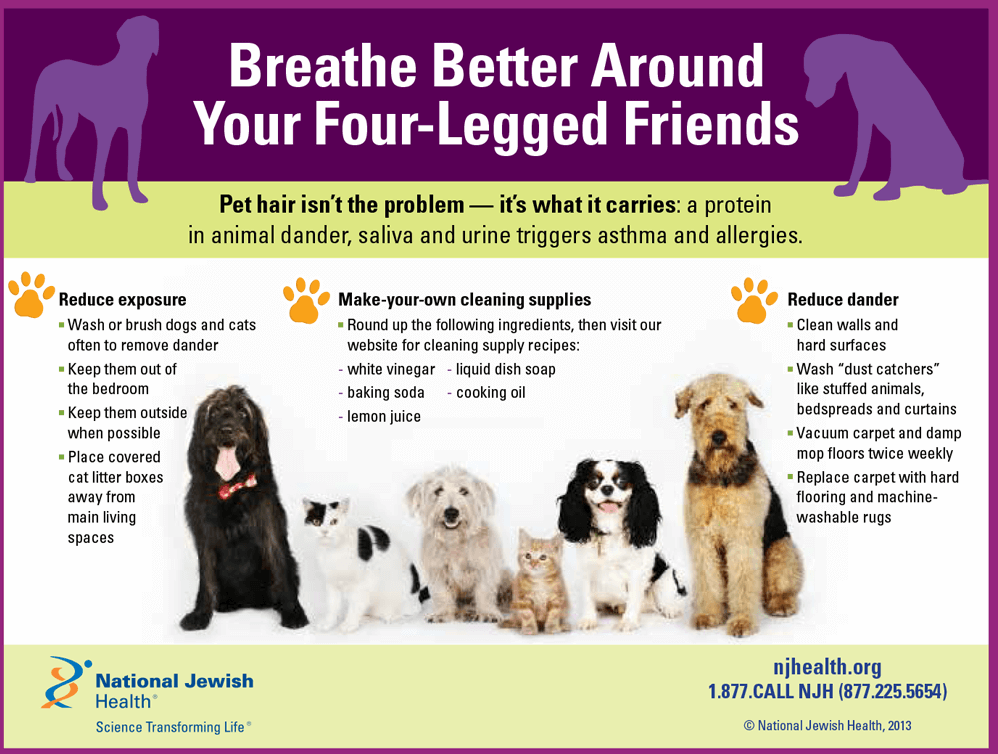5 Benefits Of Dog Day Care For Busy Pet Parents
5 Benefits Of Dog Day Care For Busy Pet Parents
Blog Article
Can Canine Daycare Cause Health Problem?
Dog day care is a terrific method to socialize your animal in a risk-free and regulated setting. Similar to children, pet dogs at childcare can capture a selection of bacteria.
Several of these include: Dog distemper - an air-borne virus that strikes the respiratory and intestinal systems with signs and symptoms including throwing up and bloody diarrhea. This is extremely transmittable and can be fatal. Prevention consists of an effective injection, and reliable centers commonly require this inoculation.
Pooch Distemper
Just like youngsters that go to school, pet dogs at a pet dog park or daycare can get several communicable diseases. These can include kennel coughing, manage, ringworm, canine flu, distemper, rabies, and parvovirus (parvo).
While there are lots of conditions that cause coughing, fever, loss of appetite or seizures, the combination of these signs with the development to a nervous system illness is special to distemper. This can cause fatality, especially in puppies and unvaccinated grown-up pet dogs.
Distemper is spread out mostly by straight call in between canines, yet can also be transmitted with breathing secretions or by contact with shared food bowls, materials, devices and surface areas. The virus is lost in bodily secretions, and infected hands, feet, noses and mouths. Pups and strays are most vulnerable to infection.
Pooch Influenza
A really transmittable viral disease that impacts pet dogs (and in uncommon cases, cats). It is spread by breathing secretions and contaminated objects, such as leashes, toys, food bowls and collars. It can also be transferred from human hands to the mouth and nose of contaminated pets.
Signs consist of coughing, sneezing, runny nose and eyes, fever and anorexia nervosa. Severe cases can result in pneumonia.
Since this is a relatively new illness, the majority of dogs have no natural immunity against it and will certainly end up being contaminated when initially revealed. Vaccinations are available. Trusted childcares and boarding facilities will need all pet dogs to be approximately day on their flu, bordetella and parainfluenza vaccinations. If your dog is experiencing symptoms of kennel cough, it's best to keep them home from daycare until they are clear of the illness.
Canine Cough
Canine infectious tracheobronchitis, more commonly known as kennel cough, is a multifactorial disease caused by a variety of viruses and bacteria. Generally, affected canines establish a dry hacking cough that is worsened by workout or enjoyment and can last for weeks. Extra severe cases can lead to bronchopneumonia and call for hostile therapy consisting of a hospital stay for IV-provided prescription antibiotics, oxygen therapy and fluids.
The most usual source of kennel coughing is the bordetella germs, however infections can likewise be caused by herpesvirus, parvovirus and adenovirus. It is transmitted via beads launched when infected canines sneeze or cough, dog-to-dog contact and sharing items such as food and water bowls or playthings. Inoculation for this illness is available and is recommended for pets that hang out in boarding centers, grooming shops, pet childcare and training courses in addition to those taking part in canine sports or group pet strolls.
Dog Parvovirus
Canine parvovirus (CPV) is the most dangerous condition that impacts unvaccinated pet dogs. The virus attacks the stomach tract, resulting in throwing up and extreme diarrhea. It also contaminates the bone marrow, causing a drop in safety white blood cells. The weakened body immune system enables the infection to spread rapidly. It is specifically lethal for puppies and pets of young age, however it can likewise strike grown-up canines and other canids like prairie wolves and foxes.
This extremely contagious ailment is spread through straight contact with an infected dog, the infected atmosphere such as kennels and food bowls, and even the hands and apparel of people taking care of the pet dog. Vaccination for this health problem is effective, and reputable childcare and boarding facilities will certainly need it. The kennel cough vaccine is commonly suggested combined with the parvovirus injection.
Canine Bloodsuckers
Parasites might be internal (worms) or outside (fleas, ticks). click for more info Intestinal parasites can create a variety of issues, but they are specifically major in young pups. As an example, hookworms connect to the intestinal wall and suck blood, bring about anemia in young puppies. Puppies might be infected with these bloodsuckers by eating feces-contaminated dirt or through the mommy's milk during nursing. Young puppies might also become infected with whipworms, which are single-celled parasites that affix to the intestine and reduce nutrient absorption, causing persistent watery diarrhea.
Pets can also be contaminated with tapeworms, heartworms, roundworms and giardia. If you notice worms in your pet's feces, a check out to your vet is recommended for diagnosis and therapy. Bloodsucker infections are avoidable with monthly spot-on treatments and normal cleaning of food, water and feces bowls.